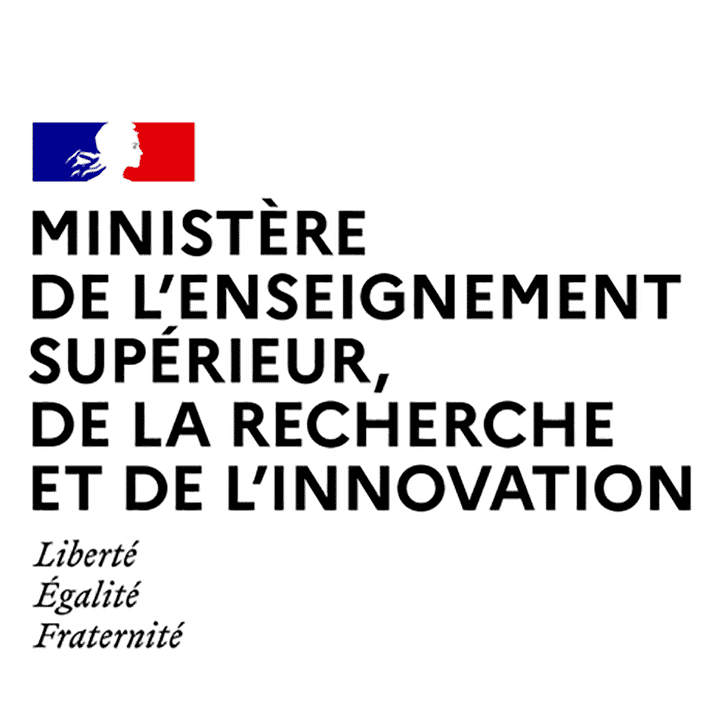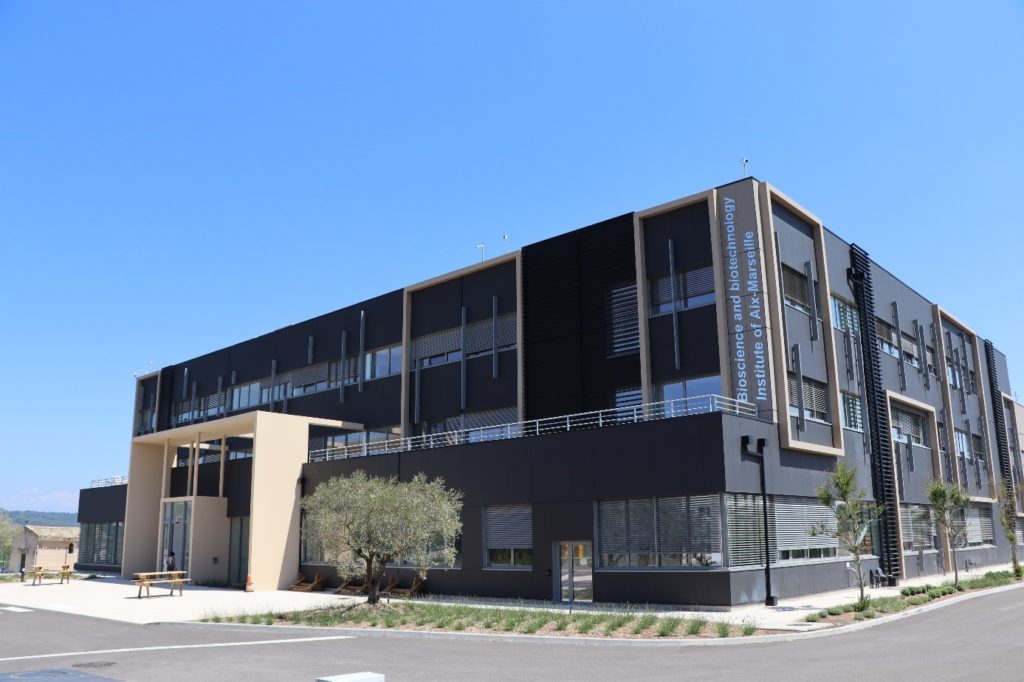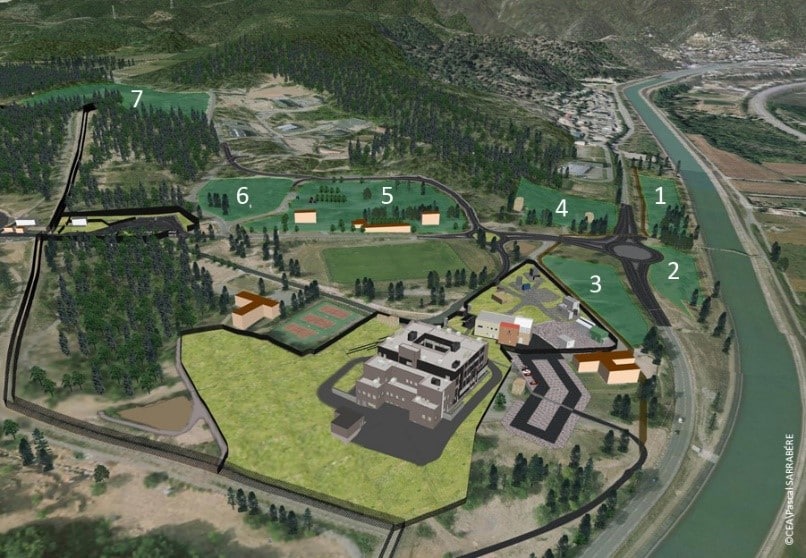You are here : Home City of energies > REGIONAL ECOSYSTEM > State
The State supports the development
of the Cité des Énergies

The Cité des Énergies project develops R&D in the field of low-carbon energy and also aims to improve the competitiveness of local companies and the development of regional industrial sectors.
Within the framework of the 2015-2020 CPER, the Ministry of Higher Education, Research and Innovation (MESRI), through the PACA regional academic delegation for research and innovation (DRARI), has contributed €550,000 to the financing of the research equipment in the BIAM building built within the Cité des Énergies. The Cité des Énergies has also received funding for its construction, with an investment of more than €16.8 million co-financed by the French government (CEA: €5.6 million), the South Provence-Alpes-Côte d’Azur region (€2.6 million), the Bouches-du-Rhône departmental council (€1.5 million), the Aix-Marseille Provence metropolitan area (€2.5 million) and the ERDF (€4.6 million).


DRARI, the State's armed wing to support the financing of the Cité des Énergies
The Regional Academic Delegates for Research and Innovation (DRARI) are responsible for assisting the rectors of the academic regions and the delegated rectors in the fields of research, technology, innovation and scientific, technical and industrial culture. They also act as advisors to the regional prefects in the field of research and innovation.
In this sense, the delegate fulfills 7 essential missions :
- It verifies the expenses taken into account for the determination of the research tax credit (CIR) declared by the companies and assesses the scientific and technical character of the research project presented for the qualification of young innovative companies (JEI).
- It develops development activities, organizes technology transfers from public research to companies and encourages the dissemination of new technologies to small and medium-sized enterprises
- It proposes the distribution and allocation of subsidies, in particular for research equipment intended for universities and research organizations, and subsidizes transfer and innovation support structures, within the framework of the State-Region Plan Contract
- It develops research and innovation and promotes scientific employment in companies, notably through CIFRE agreements
- It participates in the regional economic intelligence system under the authority of the regional prefect as well as in the security chain contributing to the protection of the Nation’s scientific and technological heritage
- It contributes to the “research and innovation strategy for intelligent specialization” implemented by the regional council
- It instructs and contributes to the evaluation of research, technology transfer and dissemination projects, in particular in the framework of European programs